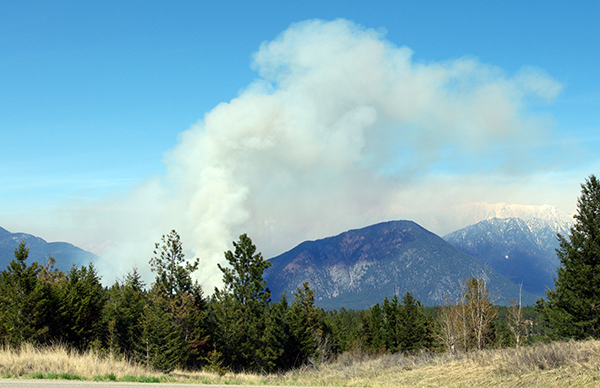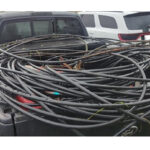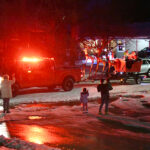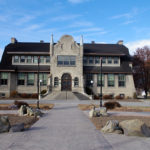Home »

B.C. wildfire challenge intensified by climate change
Op-Ed Commentary
Will B.C. ever look the same again? Not likely as the wildfires burn and the province once known as “Beautiful B.C. looks anything but beautiful. And it isn’t over yet.
The smoky conflagration could easily run until the end of September – maybe longer – and the effects could last a century. That’s no big deal for Mother Nature where time is measured in eons and centuries but it’s little solace for humankind which operates by years and months which are but a pittance in the greater scheme of things.
And what has caused close to 450 forest fires in the province this year with the wildfire season only half over? According to the BC Wildfre Service 66% were caused by lightning, 30% were ignited by human activity and four per cent by random causes including industry. This makes the 2024 wildfire season the fourth worst on record, a scary situation when the world is already grappling with climate change that has resulted in a deadly drought enveloping our fast-warming planet.
Despite this, B.C. still has its share of climate change denialists. I wasn’t able to find data on climate change denialism in B.C., but the University of Michigan recently issued a scientific study on climate change denialism in the Great Lakes State and found a climate change denial rate of 14.8% just below the national rate of 15% for the US as a whole with denialism running stronger in rural areas than urban. Canadian denialism rates are likely not much different but residents of Jasper, Lytton and Fort McMurray might strongly disagree.
Whatever the case, you have to wonder what the world will be like if the coming decade is anything like we’re enduring now.
Will grocery prices continue to spiral upwards? Will other basics do the same including rent, housing fuel, transportation. entertainment and medical costs for the ones lucky enough to find themselves a doctor? Travelling will be deterred by resort cities like Venice, Barcelona and Amsterdam where “over tourism” is causing city administrations to introduce daily fees just to visit historic urban sites unless they stay overnight too.
And the cost of flying will go ever higher while the comfort level plunges as seats grow ever smaller and tighter. And if you think you’re going to get something good to eat at 35,000 feet give your head a shake. As atmospheric temperatures continue to rise, there will be extreme repercussions in the skies with storms becoming more severe and extreme. Floods, landslides and drought conditions will become more numerous too triggering mass migrations of migrants to new habitations where they can improve their miserable lives.
As climate change tightens its grip, we’ll be living in unstable and chaotic conditions bringing new extremes that we’ve never had to cope with before. B.C. has always had forest fires, but not as aggressive and gigantic as now with whole communities being threatened or burnt as the case is in California.
In 2015, former US President Donald Trump told the the Intergovernmental Panel on Climate Change he didn’t believe in man-made global warming saying action on climate change “would hurt the economy.” Since then, California has been scorched by the five biggest wildfires in its history with millions of hectares burnt and more than 50,000 people killed by flames, smoke and smoke particulates according to a recent (Manchester) Guardian story.
Is that the grim fate facing British Columbians? Hopefully not, but hard to deny or ignore.
e-KNOW file photo
– Gerry Warner is a retired journalist and former wildfire fighter in the West Kootenay.








